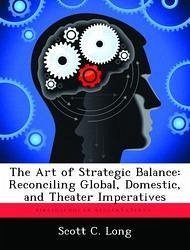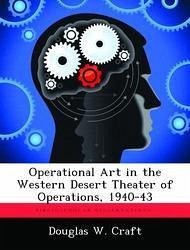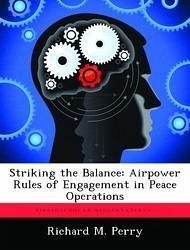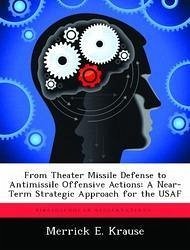Nicht lieferbar

The Art of Strategic Balance: Reconciling Global, Domestic, and Theater Imperatives
Versandkostenfrei!
Nicht lieferbar
This study attempts to determine what is required of senior military and political leaders to reconcile differences and reduce tensions among global, domestic, and theater imperatives by examining the evidence from Operation Torch, the Vietnam War, and the Persian Gulf War. The most significant contributing factors that promoted or inhibited the fusion in each case study are determined, analyzed, and synthesized to provide implications for the development and selection of future strategists. Although it may appear obvious, this study found that people, situations, and ideas matter. Leaders who...
This study attempts to determine what is required of senior military and political leaders to reconcile differences and reduce tensions among global, domestic, and theater imperatives by examining the evidence from Operation Torch, the Vietnam War, and the Persian Gulf War. The most significant contributing factors that promoted or inhibited the fusion in each case study are determined, analyzed, and synthesized to provide implications for the development and selection of future strategists. Although it may appear obvious, this study found that people, situations, and ideas matter. Leaders who possessed an above-average intellect, the confidence to transcend their own sphere of control and influence, an impartial and informed military perspective, and the ability to stay focused on the essentials excelled in formulating balanced strategy. The evidence also suggests that a flawed theater-military strategy is likely to prevent the attainment of global and domestic objectives; and, once set in motion, may become difficult or impossible to rectify.







